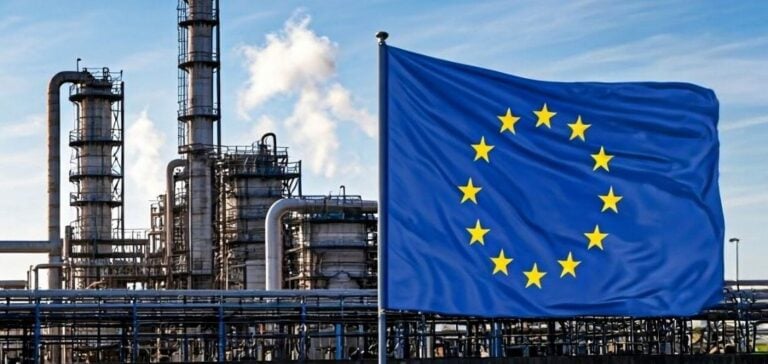The European industry is facing a competitiveness crisis driven by energy costs significantly higher than those in other major global economies. According to the Executive Director of the International Energy Agency (IEA), Fatih Birol, the price of natural gas in Europe is five times higher than in the United States, and electricity costs three times more than in China.
This situation particularly challenges manufacturing sectors where energy costs account for a substantial share of total expenses. Fatih Birol warned of the potential repercussions for the European economy, its global influence, and its economic security.
Lagging in Clean Technologies
In the realm of clean technologies, such as solar panels, wind energy, batteries, and electrolyzers, Europe lags significantly behind competitors like China, the United States, and in some cases, even India. Fatih Birol stressed the lack of a clear strategy to address this issue and emphasized the urgency for the European Union (EU) to develop a new industrial blueprint.
Former Italian Prime Minister Mario Draghi had already highlighted this loss of competitiveness in a recent report. It recommended bolstering support for existing strategic industries such as steel, aluminum, and petrochemicals while narrowing the cost gaps with international competitors.
Costly Strategic Mistakes
Fatih Birol also pointed out three strategic errors made by Europe: an excessive reliance on Russian gas, neglect of nuclear energy, and the abandonment of solar leadership. He recalled that 20 years ago, France dominated the solar panel market thanks to a subsidy policy, whereas today, China produces 80% of the world’s solar panels.
To address these challenges, Birol called for a stronger commercial policy and coordinated energy and industrial decisions at the European level. This approach could allow Europe to regain lost competitiveness and ensure its energy transition while preserving its industrial fabric.






















